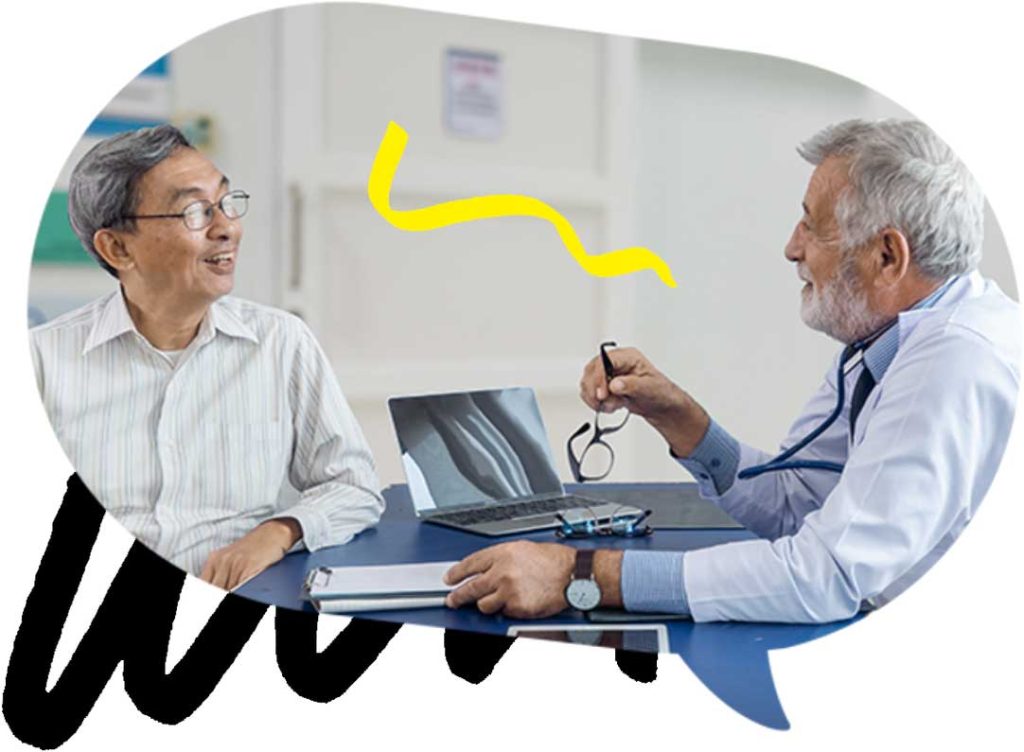Typically, the first step after after being diagnosed with Waldenstrom’s macroglobulinaemia is to go on active monitoring. This enables your healthcare team to monitor your WM, rather than treating it right away. You may hear it called ‘active surveillance’ or ‘watch and wait’.
Blood tests play a big part in helping your doctor to diagnose and monitor your Waldenstrom’s macroglobulinaemia. But what are they and what do the results mean for you? Here we’ll take a closer look at blood tests. Find answers to your questions about blood tests & WM in our dedicated section.
Once you’ve been diagnosed with Waldenstrom’s macroglobulinaemia you should expect to be treated by healthcare professionals who have expert knowledge and experience of caring for people with the disease. Find out more about treatment centres.
You will have a whole team of healthcare professionals who work together to plan your care. These healthcare professionals specialise in different areas of your care, and will have different titles that can, at first, be confusing. Together they are called a multidisciplinary team (MDT), and you can find out more about them, and their roles, in our Healthcare Team section

You may hear it called “active surveillance” or “watch and wait”. We have a guide all about active monitoring for you.
Explore our guide to receiving the various treatments available for your Waldenstrom’s macroglobulinaemia.